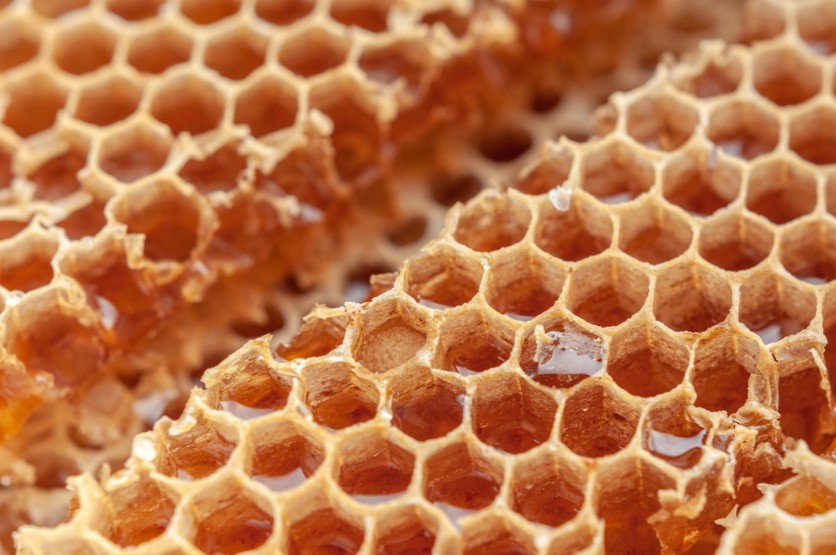Researchers believe that neuromorphic computer chips can be made more unique and more biodegradable in the future.
For sustainable and fast computing, a team of scientists from the Washington State University (WSU) said that honey-based chips are what need to be developed since they have enough power to imitate how the neurons function in the brain.
Honey-Based Computer Chips

At first, it's quite hard to imagine how scientists can create a computer chip out of honey. However, according to a report by Digital Trends, this idea is feasible and WSU researchers can prove why.
Aside from being an eco-friendly component, this invention might be the spark plug for neuromorphic computing. Speaking of neuromorphic, it can simply emulate neuro-biological structures present in the nervous system like how neurons work.
Although this is possible, the human brain is still more powerful compared to this bio-based chip. We know that computers are capable of processing millions of data in just one go, but they still lag behind problem analysis.
As for neuromorphic computing, this is a great breakthrough to connect the human brain to a particular technology. Imitating the near-structure of the human system is impressive indeed and this might be applied to create the best computer.
Related Article: This Semiconductor Wood Chip May Pave The Way For Green Electronic Gadgets
How the Scientists Used Honey in Creating Memristors
The scientists were able to develop a honey-based memristor in their latest study. For those unfamiliar, a memristor can be compared to a transistor. It functions as a data storage and processor so it simply resembles the capability of a human brain.
The WSU engineers clarified that each memristor will be created the size of 1/1000 of human hair so its number might exceed millions or even billions.
In the process of developing this component, the study's co-author Feng Zhao and the team made use of true honey. At first, it underwent solidification and was later put between two metal electrodes which represent the synapse.
The findings yielded that its computing power is impressive and can count as neuromorphic computing. We don't have to worry anymore about its disposal since it's biodegradable and environment-friendly.
What Makes Honey a Good Component in Making Computer Chips
"Honey does not spoil. It has a very low moisture concentration, so bacteria cannot survive in it. This means these computer chips will be very stable and reliable for a very long time," Zhao said, PCGamer wrote in its report.
Zhao added that these naturally-made computer chips can be dissolved in water. This special property is what makes honey a very suitable ingredient in creating a next-gen biotech invention.
To know more about Zhao and Brandon Sueoka's study entitled "Memristive synaptic device based on a natural organic material-honey for spiking neural network in biodegradable neuromorphic systems," visit IOP Science for more information.
Read Also: Global Chip Shortage to Persist Until 2023--Demands for PC to Slightly 'Soften' in the Next Years
This article is owned by Tech Times
Written by Joseph Henry




